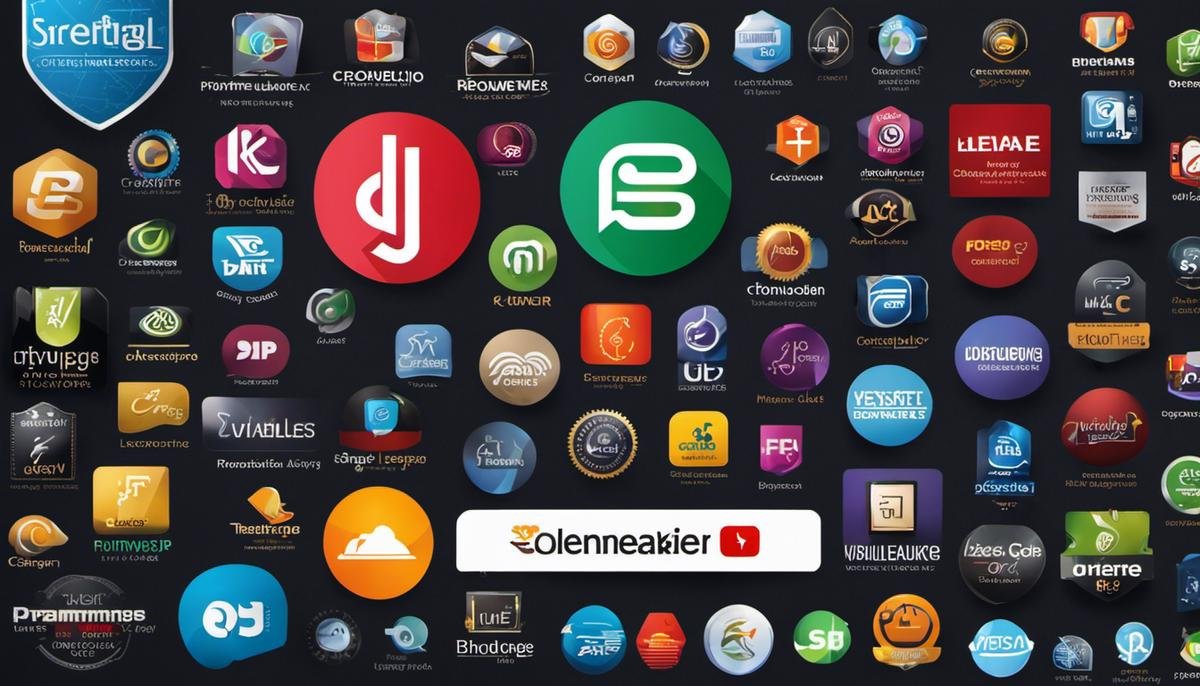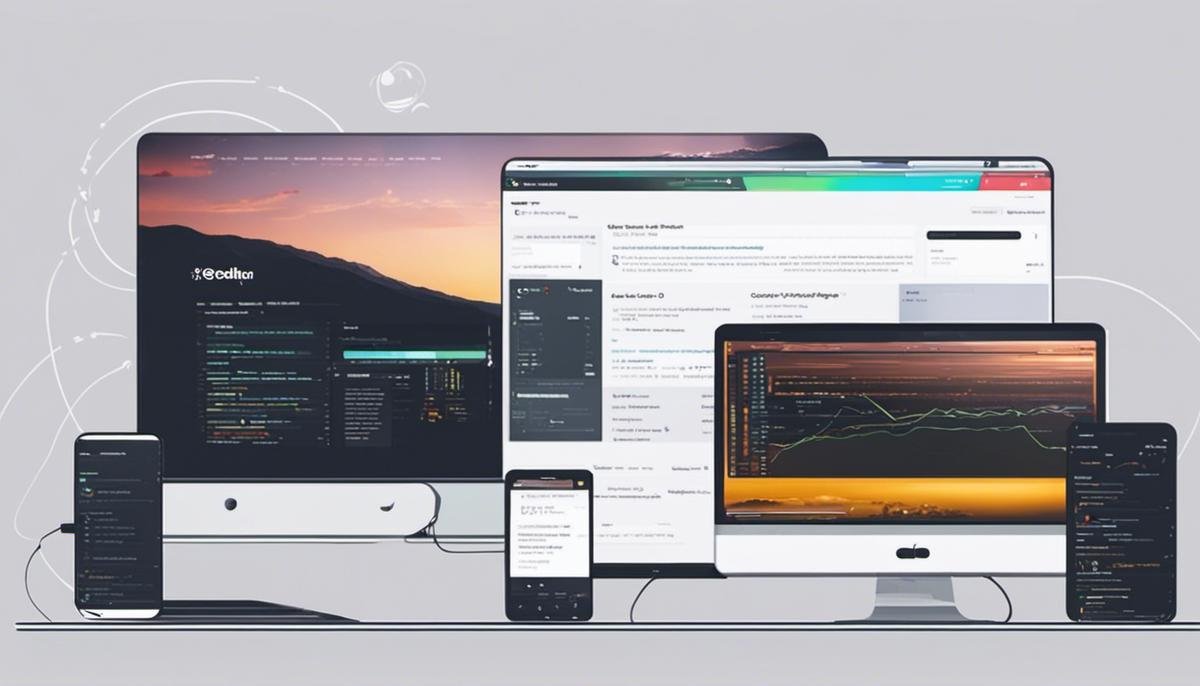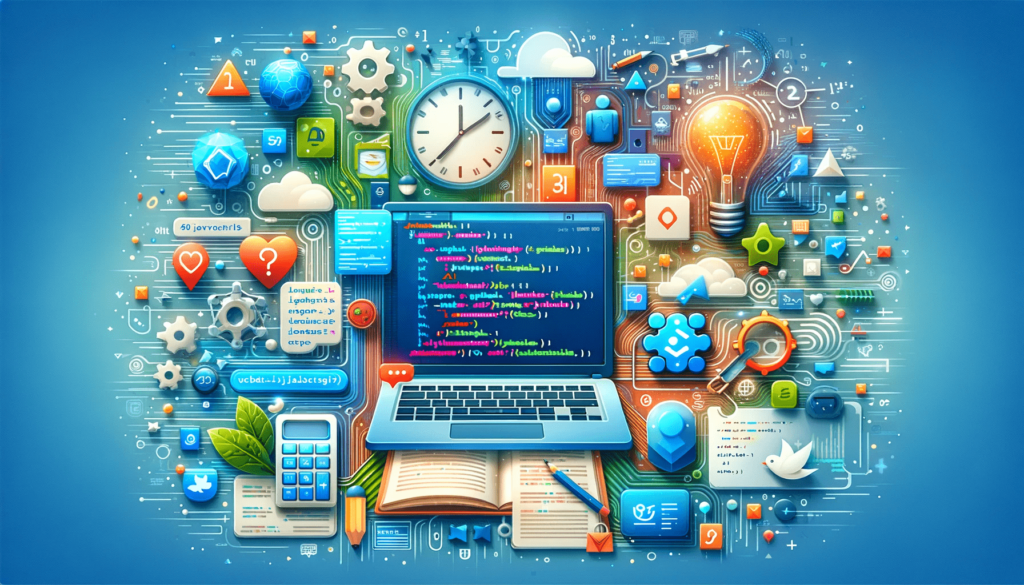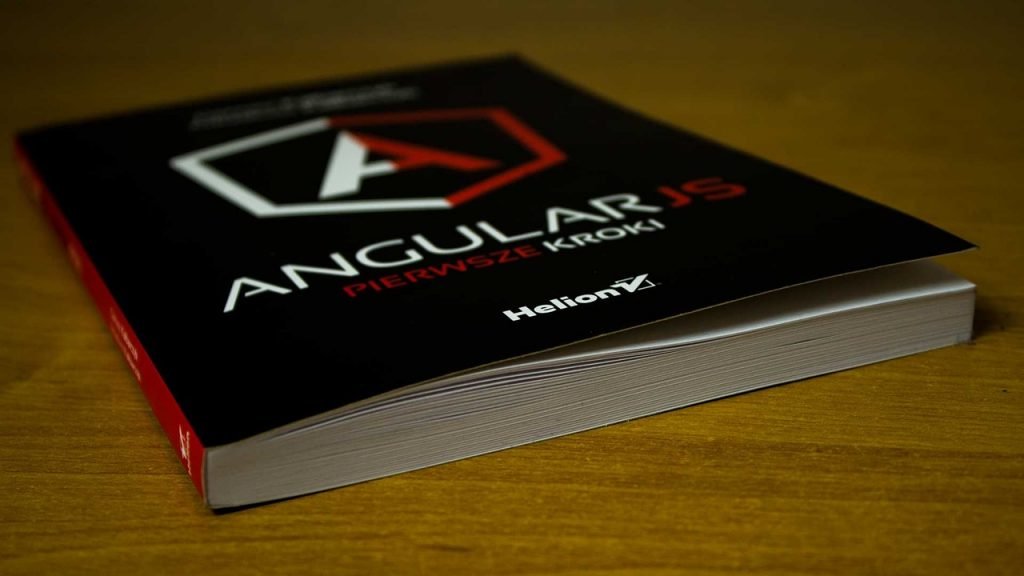In today’s tech-centric world, coding acts as a universal language, weaving together the digital tapestry that shapes our experiences. Understanding its basic constructs, selecting the right programming language, optimizing free resources for hands-on practice, gleaning wisdom from community support, and staying in the loop with the evolving tech trends, comes together to form a rewarding journey into the universe of programming. Free online platforms and resources such as Codecademy, Khan Academy, edX, and Coursera, among others, stand as robust pillars supporting this self-paced path of learning and mastery. This pathway, illuminated by these free resources, incentivizes not only those seeking to venture into professional programming but also general public aiming for digital literacy.
Understanding the Basics of Coding
Capitalize on Free Online Resources to Master Programming’s Core Principles
In the dynamic world of technology, the power and prominence of programming are inescapable. As tech enthusiasts, it’s exhilarating to exist at this epoch of rapid technological evolution. To unlock fresh realms of technological efficiency, one needs to embrace the core principles of programming. And luckily, it can all be achieved through an array of free online resources.
To begin, it’s crucial to understand the core principles of programming – a trio of concepts encapsulating algorithms, data structures, and programming languages.
Algorithms are the backbone of any program. An algorithm is essentially a sequence of tasks or operations the program performs. Mastering this area involves learning to think logically and structurally, effectively sequencing tasks to achieve the desired output.
Data structures, on the other hand, relate to organizing and storing data efficiently. This is a quest to maximize performance and keep the hardware resources requirements to a minimum. More efficient data structuring translates into smoother-running software, regardless of its complexity.
Lastly, programming languages. They are the tool of choice to express ideas blithely, enabling communication between humans and machines in an orderly style. With a plethora of languages available, selecting one that fits your exact needs can lead to enhanced productivity and output.
So how can you grasp these core principles through freely available online resources?
The free platform Codecademy offers a comprehensive introduction to various programming languages, making it an excellent place to start for novices. For those ready to deep dive into algorithms and data structures, Coursera and Khan Academy offer extensive, reasonable, and expert-led courses. These courses are designed to nurture a logical, analytical, and problem-solving mindset – an essential asset to any programmer.
For a more community-based learning experience, GitHub presents an enormous array of free, open-source projects. Few things accelerate learning like deciphering experienced coders’ work, contributing your own thoughts, and receiving feedback from the global fraternity of fellow coders.
Stack Overflow’s platform is also invaluable. This hub nurtures discussions, posing myriad problems and solutions shared by programmers worldwide. It’s a perfect space to flex your analytical skills and discern how others approach their challenges – truly a treasure trove of practical insights.
Programming is a discipline requiring constant learning and adapting. These online platforms provide the opportunity to learn at your own pace, irrespective of your current proficiency level. The key lies in delving into these resources, exploring, and harnessing the immense corpus of knowledge they offer. Remember – programming is not a destination; it’s a riveting journey where every line of code written is a step further into an enthralling universe of logic, structure, and problem-solving.

The Importance of Selecting the Correct Language
The Impact of Programming Language Selection and the Power of Free Resources
As any tech enthusiast firmly rooted in the throes of the digital age would assert, choosing the right programming language is a crucial aspect of effective coding. Think of programming languages as tools in a toolbox; just as you wouldn’t attempt to hammer a nail with a screwdriver, you wouldn’t, for instance, usually opt for HTML if your main objective is to code a complex AI algorithm.
The impact of language choice doesn’t stop with task suitability – it extends into employment prospects, project scalability, and even code maintainability. Some languages are trending in certain job markets, others are favored for large-scale projects, and there are those that, while may initially decrease development speed, significantly aid in maintaining the code further down the line. Opting for C++ for a task that Python could handle may prove a decision of Sisyphean proportions.
So how does a beginner programmer, or even a seasoned coder looking to branch out, navigate through the sea of programming languages? There’s no shortage of free resources that can guide through this process. To add to this, resources that go above and beyond simply teaching syntax, but also focusing on practical applications and best practices of languages.
One such resource is W3Schools. It provides comprehensive tutorials and references on web development languages such as HTML, CSS, JavaScript, Python, SQL, and many more. It is a perfect playground for both beginners and experts looking to expand their knowledge in a particular language, or decide whether a language is suited to their specific needs.
YouTube channels like thenewboston, Traversy Media, and Programming with Mosh present complex concepts in an easily digestible format. These channels present numerous practical examples across a multitude of languages allowing one to get hands-on experience in a controlled, instructive manner.
For the more scientifically minded, edX, established by Harvard and MIT, provides access to a wide range of courses in Computer Science from top universities around the world. Through edX, one can study everything from Python for Data Science to Principles of Machine Learning.
Freecodecamp, on the other hand, presents a more community-based approach to learning. The non-profit organization offers hands-on experience with coding projects and certifications for free. Its forum offers a lively platform where newbies and experienced coders alike can exchange ideas, find inspiration, and get feedback on their work.
But remember — the best advice is practical. Don’t be scared to immerse yourself into coding. Choose a project, choose a language, and dive into the code to swims or sink. In this digital ocean, the biggest strides are made by those who aren’t afraid to get their feet wet. With this arsenal of resources at your fingertips, you’ve got everything you need to navigate the waters skillfully. So, go ahead. Code, decode, and recode until the expected output is right on your screen. And remember, in this digital era of ours, every problem is just another bug waiting to be fixed. So, debug away!

Hands-on Practice through Free Coding Platforms
With the programming landscape ever-evolving, free coding platforms like Glitch, CodePen, and GitHub offer unique opportunities for gaining practical coding experience. The real-world applicability of these platforms has brought an unprecedented advantage to those wishing to sharpen their programming skills.
Taking the first step with CodePen, it doubles as both a code editor and open-source learning environment. This platform is predominantly used for building and deploying websites, specifically by testing and showcasing user-created HTML, CSS and JavaScript code snippets, known as ‘Pens’. Not only can users test their code in real-time, but they can also get inspired by exploring ‘Pens’ created by other developers. CodePen’s collaborative nature bridges the gap between learning and implementation in an immersive way.
On to Glitch, it’s redefining collaborative coding by allowing users to build fast, full-stack web apps in an interactive way. A unique selling point of Glitch is its “remixing” feature: users can take any app on the platform, make a copy, and start modifying the code to make it their own. It has essentially brought the veteran programmer and the novice on the same platform, enabling them to learn, code, and share their apps with the community.
Certainly, GitHub stands as a cornerstone of practical coding experience. However, its utility goes beyond being just a version controlling and source code management platform. It’s an unparalleled learning resource that allows programmers, both beginner and advanced, to engage with the community through the contribution to open-source projects—be it through bug fixing, improving existing features, or creating new ones. Being at the epicenter of the coding universe, GitHub provides firsthand experience with the coding standards and practices prevalent in modern software development.
Meanwhile, the latest trend on the block is GitHub Learning Lab—an initiative by GitHub providing interactive, bot-driven learning experiences right within GitHub. Unlike traditional learning platforms, Learning Lab delivers knowledge within the context of any programming project and makes the learning experience personalised.
Moreover, GitHub actions, a new feature provided by GitHub, has completely revolutionised the automation process in the coding world. From building CI/CD pipelines to automating regular tasks, this feature can help users understand and experience real, practical applications of coding and automation.
While no single tool can cater to all of an individual learner’s needs, the triumvirate of CodePen, Glitch, and GitHub provides an expansive canvas to explore, experiment, learn, and grow. By doing so, these platforms are fostering a generation of homegrown programmers who are not just well-versed with syntax but also, more importantly, with problem-solving—a must-have trait for the next wave of tech innovators.

Community Support and Resources
Amplifying Your Coding Skills with Community Resources
As technology enthusiasts, we often advocate for a hands-on approach to mastering the art of coding. While the previous part of the article explored various resources and programming principles, let’s delve deeper into the power of free community resources like Stack Overflow and GitHub in honing your programming prowess and navigating technical hurdles.
When it comes to troubleshooting code, Stack Overflow stands out as an invaluable resource. Regarded as the largest and most trusted community of developers, Stack Overflow presents a wealth of real-time knowledge explicitly intended to assist in problem-solving. Its community is continuously active, contributing to a vast repository of questions and answers that range from beginner-level problems to complex programming conundrums. With millions of insightful queries at your disposal, you can take advantage of the collected wisdom of programmers who’ve faced, and triumphed over, similar programming challenges. Stack Overflow not only fosters problem-solving skills but also fosters the spirit of knowledge sharing and community learning thus accelerating one’s growth in the programming arena.
GitHub, on the other hand, has transformed the dynamics of collaborative coding and has become a cornerstone for efficient and comprehensive programming. The platform is essentially a gold mine for those striving to understand and work on real-world projects. By engaging with GitHub, individuals can learn coding etiquette, data management, version control, and how to collaborate with other developers – skills that are crucial in the dynamic and collaborative world of programming. Programmers around the globe use GitHub to host and share their code. This allows anyone to browse, study, and even collaborate on a multiplicity of projects, regardless of their skill level.
Additionally, hands-on experience is pivotal to accelerate growth and to bridge the gap between theoretical knowledge and practical implementation. GitHub’s interactive features like GitHub Learning Lab and GitHub Actions can significantly boost this endeavor by providing interactive, bot-driven learning within real programming projects. Furthermore, GitHub Actions allows for the automation of tasks, tying into our core belief as tech enthusiasts in favor of efficiency.
We, as tech enthusiasts, firmly believe in the power of community and collaboration. Immersive learning experiences provided by platforms like CodePen and Glitch, the contribution and engagement opportunities with the coding community through GitHub, focus on bolstering problem-solving skills, and fostering the growth of homegrown programmers. By leveraging these platforms and resources, we aren’t just learning how to code; we’re learning how to become effective, agile, and collaborative programmers.
In conclusion, bolstering one’s coding knowledge and troubleshooting skills conscientiously requires the effective utilization of resources beyond traditional online courses or tutorials. Free community platforms, such as Stack Overflow and GitHub, extend exponential growth opportunities both in terms of coding abilities and collaboration skills; an essential toolkit for a 21st-century programmer.

Keeping Up with Tech Trends and Evolving Skills
In the ever-evolving world of programming, tracking emerging trends and consistently enhancing your skills set is expedited by the wealth of free online resources. The previous sections have outlined platforms like GitHub and Stack Overflow as sublime tools for collaborative coding, problem solving, and a pinch of real-world project experience. But the tech world is vast and one can immerse deeper into a handful of other resources and platforms as well.
LinkedIn Learning, formerly Lynda.com, has surfaced as a top-notch platform for professionals across industries and programmers are no exception. It brings a free one-month trial with unrestricted access to its extensive video library, covering various programming paradigms, languages, and trending concepts. LinkedIn Learning stands out with the integration of LinkedIn’s professional data and networks, giving personalised course recommendations based on one’s career trajectory.
For those particularly interested in gaming development, Unity Learn presents a free resource exclusively focused on Unity software. It combines written tutorials with video content, providing a comprehensive overview of the Unity engine. Unity is a cross-platform gaming engine, and grasping it can rocket-launch one into the gaming industry.
Data is the new oil and data science is rapidly transforming industries worldwide. Kaggle, an online community for data scientists and machine learners, offers free datasets for training models, running competitions, and providing extensive learning resources. Besides tutorials and courses, it hosts competitions which provide excellent problem-solving tasks and learning experiences with real-world data.
Programming generally encompasses a lot more than writing code. The free eBooks on Syncfusion Succinctly series cover this “lot more” aspect, from data science, mathematics, and SQL to machine learning and business skills – everything in a specific, to-the-point format.
It’s practically impossible to keep up with every trend, but subscribing to technology news sites can help. TechCrunch, Wired, and CNET are popular choices for quick updates on tech trends, start-up news, and gadget releases. Podcasts like CodeNewbie and Software Engineering Daily can be a convenient way to soak up programming knowledge on the go.
The value of webinars and online tech communities or forums cannot be overstated either. They provide useful insights, help identify trends and potential challenges, and can often spark innovative ideas. Slack communities such as Spec Network and #FrontEndDevelopers are popular platforms where coders and enthusiasts can hangout and interact.
In a nutshell, the power to remain updated with technology trends and enhance one’s skills is not bound by the limits of paid courses and lessons. The web is teeming with freely available sources, platforms to practice, interactive learning environments, resources to hone problem-solving skills, and communities to rub shoulders with. As tech enthusiasts, staying stagnant is not an option, and these resources ensure that learning and growth never stops. Technology is not just about automation, it’s also about human connection, collaboration, and creativity. And what better way to stimulate that than embracing the web’s plethora of free resources. These platforms not only equip you with the right skills but also ensure you’re striding in tandem with the fast-paced tech world.

While the world of programming can appear daunting at first glance, the availability of diverse and free online resources has made it highly accessible and comprehensible. Collaborative platforms, expert webinars, tech blogs, and interactive coding environments sew together a rich tapestry of learning that is self-paced, immersive, and holistic. By focusing on foundational concepts, language selection, hands-on practice, community support, and staying tuned to tech trends, anyone can harness their curiosity to decode the puzzles of programming. Remember, the journey of coding is not a sprint, but a marathon marked by constant learning, unlearning, and relearning. So, make the most of these free resources to embark on your coding journey and stand at the forefront of the digital revolution.
Writio: The AI writing powerhouse for website publishers and bloggers. This article was crafted by Writio.







